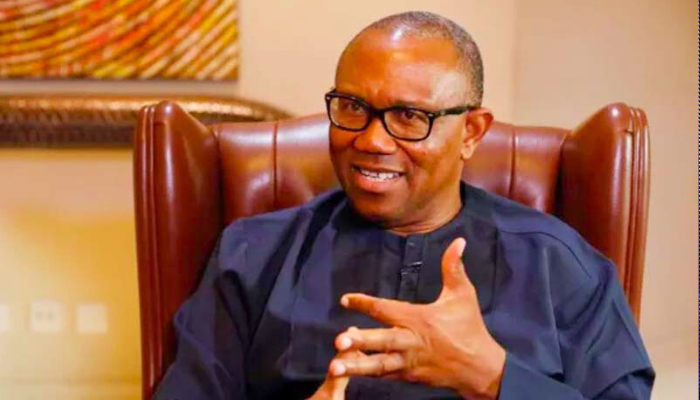CurrentReport Blog In a recent press conference held in Abuja, Peter Obi, the Presidential candidate of the Labour Party in the 2023 general election, emphasized the critical role of addressing basic needs, such as water and education, to alleviate poverty in Nigeria. Obi challenged affluent individuals to contribute significantly to improving the living standards of the less privileged in society.
Highlighting the stark wealth disparity in Nigeria, Obi underscored that about 70% of the nation’s wealth is controlled by just one percent of the population. He urged wealthy Nigerians to redirect their resources towards initiatives that cater to the basic needs of the poor, particularly in the provision of water and education.
During a humanitarian tour across various regions of the country, Obi witnessed firsthand the extent of poverty and neglect experienced by many Nigerians. Moved by the plight of the underprivileged, he initiated projects aimed at addressing immediate needs, such as the construction of boreholes to provide short-term water solutions in states across the North.
Furthermore, Obi expressed deep concern for the state of education, particularly for out-of-school children, citing his interaction with almajiris in Quranic schools in the North. He emphasized the importance of providing adequate support and resources to nurture the potential of these children, envisioning them as future catalysts for national development.
As he advocates for the prioritization of basic needs, Obi reaffirmed his commitment to addressing existing infrastructural challenges, particularly the state of roads across the country. He pledged to focus on repairing and upgrading existing road networks before embarking on new projects, emphasizing the integral role of infrastructure in driving economic growth and development.
Looking ahead to the future, Obi emphasized that his primary focus is on fostering positive change and addressing the root causes of poverty and insecurity in Nigeria.
He emphasized that the determination of future leadership ultimately lies in the hands of a higher power, emphasizing the importance of collective efforts to ensure a prosperous and functional Nigeria for all its citizens.












